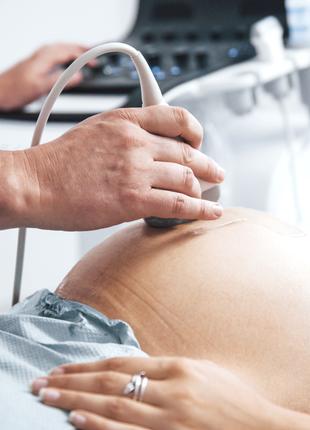
2024 - 56e congrès annuel de l'AOGQ
Le 56e congrès annuel de l'AOGQ aura lieu du 2 au 4 mai 2024 à l'hôtel Bonaventure à Montréal.
EN PRÉSENTIEL SEULEMENT.
 Skip site navigation
Skip site navigation




From a normal pregnancy to the detection of gynecological cancers, we will discuss the many different approaches recommended by the Association of Obstetricians and Gynecologists of Quebec (AOGQ). We have selected the most actual subjects and briefly developed them.





If you expect to become pregnant in the near future, it would be a good idea to consult your obstetrician/gynecologist. Your medical history will help your physician give you both general and specific advice.
Read moreNous sommes une organisation syndicale qui regroupe plus de 500 médecins spécialistes en obstétrique et gynécologie.
Notre mission est de promouvoir les intérêts professionnels, scientifiques et économiques de ses membres. Notre vision d'être reconnue comme la référence pour la santé de la femme et de l'enfant à naître.



